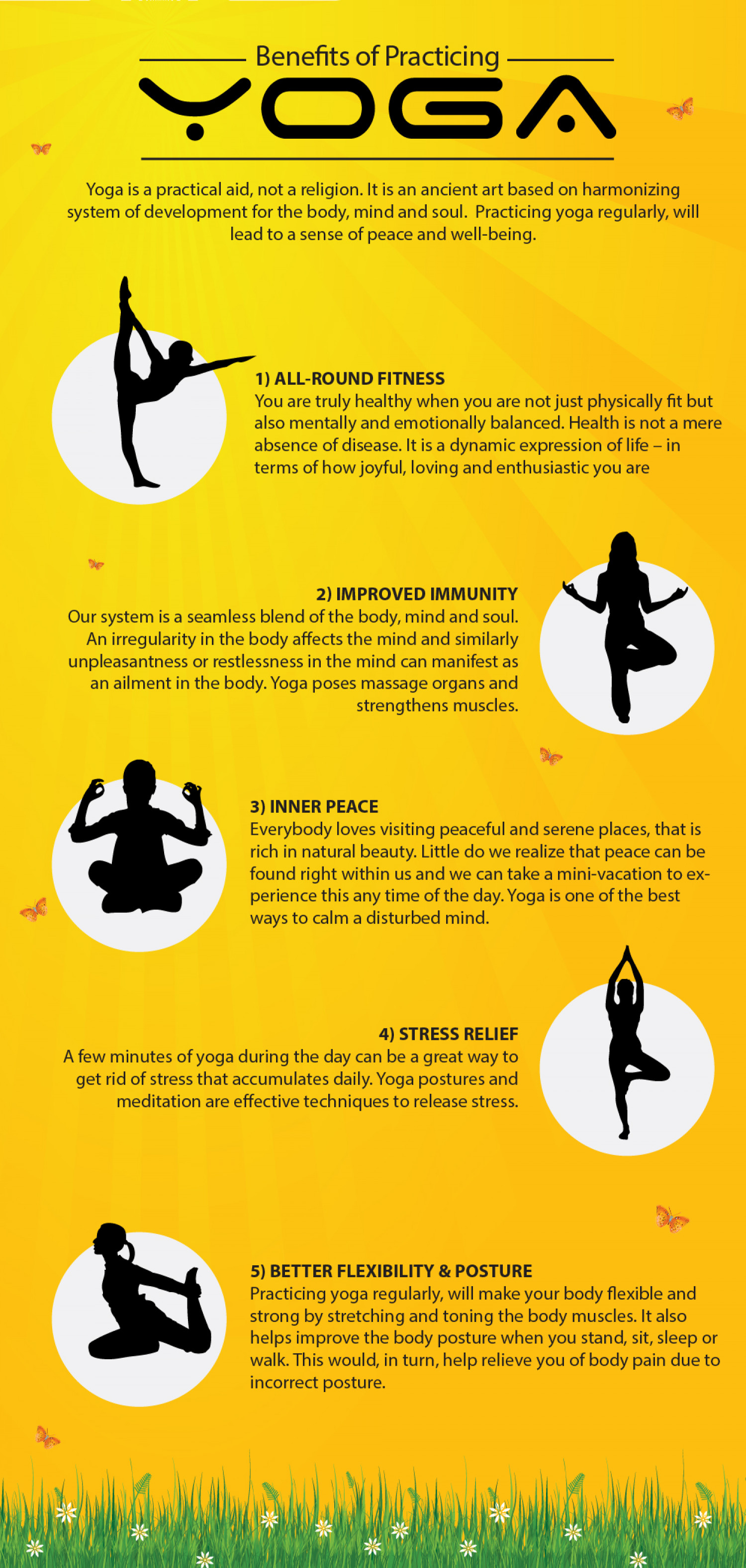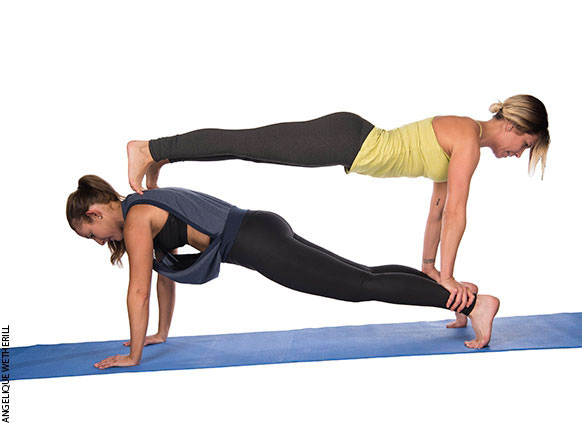
You can engage in active relaxation techniques if you feel stressed. You can relax by taking a deep, conscious breath. It is possible to focus on breathing through your nose. It is important to remember to keep your body still when you're breathing deeply. It's important that you observe the changes in your anxiety before and during relaxation. Any changes you notice should be noted. These exercises will help you to control your thoughts and feelings when you are anxious.
Progressive muscle relaxation can be used as an active relaxation technique. This technique involves contracting one part of your muscles and releasing it. Start by putting your foot on one side and working your way up. It's a great way to relieve stress, especially during a stressful phase. By doing this exercise, your body will become more adaptable to stress. It will surprise you at the results. Active relaxation is a good habit to develop.

An alternative technique is imagery, which can be used to reduce anxiety. Imagine a calm scene. The sound of waves crashing on the beach will help you relax. Imagine the sensation of wind on your face, salty smell, and the sand between you toes. You can even watch a video on active relaxation and use it as a guide. It is a great method to reduce stress and relax.
Practicing active relaxation techniques is a great way to relax before a stressful event. Learning to reduce stress will improve your immune system, heart, blood pressure and other health conditions. These techniques will help you train better, since they allow you be more flexible when you're stressed. This will help you feel better and make your training go more smoothly. Don't forget to practice active relaxation techniques on a daily basis.
You can try practicing active relaxation techniques by focusing on your breathing. Deep breathing and paying attention to your thoughts are the best active relaxation techniques. These techniques can be a useful way to manage anxiety. It is important that you practice these techniques together with your healthcare providers. They can help manage stress and improve physical health. They can improve your mood and decrease stress. If you're unable to find a way to calm yourself with meditation, you can try other active relaxation techniques that you might have heard about.

You can do relaxation in other ways than active relaxation. Pet therapy can help with anxiety. Pet therapy is a relaxing activity that can be done with a pet. Relaxing with a dog is a wonderful way to unwind. If you are looking for therapy with your pet, you might also consider finger painting or watercolor painting. These activities require little or no cognitive thought and can be done anywhere. A great way to relax and engage your body is through a few minutes of activity each day.
FAQ
How can you tell if you are suffering from a mental illness or not?
Persons may be diagnosed with mental illness if they have symptoms that are disruptive to their daily life. Symptoms of mental illnesses vary from person to person. The most common symptoms of mental illness are sadness, anger, guilt, hopelessness and loneliness.
If a person meets at least three of the four criteria below, they may be diagnosed with a mental disorder.
-
Disturbed thoughts or feelings
-
Unruly behavior
-
Disturbance in functioning
-
Impairment in the ability to relate to others
What causes mental health problems in adolescents?
Adolescence can be a time in our lives when we are beginning to define ourselves. As individuals, we start to understand who we are and where we fit in the society.
These times are also a good time to make new friendships or romantic connections. These experiences can cause stress.
Although stress is natural, it's important to seek treatment if you are experiencing excessive stress.
You might think you can handle things independently, but sometimes, you need someone else to talk to.
During times of stress, your family members and friends can be there for you. You may find them able to offer support and help you deal with stress.
For example, you could take up exercise or meditation. Both of these activities can help to reduce stress.
Additionally, you might consider joining a club such as a team sports or church. You will make new friends and meet new people.
How does mental health affect our daily lives?
Everybody experiences mental illness at some time in their lives. The only difference between someone with mental illness, and those without, is the fact that they do not seek help. Talk to someone if you feel something is not right. There are many methods to manage anxiety, depression, and stress. These include medication, therapy or exercise.
Why mental health is important?
Work, play, learn and love. When we talk about mental health, we're talking about our overall wellness. We're referring to physical, psychological, social, spiritual, and environmental factors that impact us daily. The good news? There are many ways to take care of yourself mentally. It doesn't take all of the above at once. Just start somewhere.
The first step towards improving your mental health is understanding where you stand now. This quiz will help you determine if you are doing enough to improve your mental health. You might consider changing your lifestyle if you have a low score.
You scored well, congratulations! Here are some things you can do that will help improve and maintain your mental health.
-
Get Enough Sleep. You can keep your brain sharp, energized and alert by getting enough sleep. The American Academy of Pediatrics (AAP), suggests that you get 7-8 hours of rest each night.
-
Exercise Regularly. Exercise releases endorphins that make you feel happy. Try to do 30 minutes of exercise five days a week.
Why is mental well-being important?
Mental health is vital for everyone. Mental health is vital for anyone. Maintaining a healthy mind is crucial.
When our minds aren't in the best place, our bodies start to show signs and symptoms of stress. This could cause health problems, such as stomach aches, backaches, headaches, and other issues. We must take care of ourselves to keep our minds and bodies balanced.
Statistics
- According to the National Alliance of Mental Illness (NAMI), one in five Americans experiences mental health issues which translates to more than 40 million adults a year. (doctorondemand.com)
- In any given year, an estimated 18.1% (43.6 million) of U.S. adults ages 18 years or older suffered from any mental illness, and 4.2% (9.8 million) (healthypeople.gov)
- Neuropsychiatric diseases are the leading cause of death and disability in the U.S., accounting for 18.7 percent of all years of potential lifespan loss and premature mortality.
- Appropriate nutrition and exercise are likely among the most efficacious and cost-effective positive mental health interventions. (ncbi.nlm.nih.gov)
- Similarly, while there is some agreement about the boundaries of typical mental disorders 2, there is likely less agreement about those for positive mental health. (ncbi.nlm.nih.gov)
External Links
How To
Why is Mental Health Important? What steps can you take for improvement?
Mental health refers primarily to your mental state and emotional well-being. It affects your mood, behavior, thoughts, actions, relationships, sleep, eat and work.
Everyone is concerned about mental well-being. When we refer to mental health, we often refer to depression. Depression is a serious illness that affects millions each year.
Depression is also known as clinical depression because it requires treatment by a medical doctor. However, there are many types of depression, including milder forms that do not require medical intervention.
According to the National Institute of Mental Health (NIMH), depression can be described as "a common mood disorder characterized in a depressed mood most of a day almost every day, loss of interests or pleasures in almost all activities and feelings of guilt or low-self-worth, disturbed sleeping or appetite, poor coordination, thoughts of death or suicidal thoughts or actions."
People experience depression in various ways. You may feel hopeless, depressed, irritable or anxious. Others may feel empty and unmotivated. Others may not feel anything at all.
Depression can be treated. Depression can be managed with medications, psychotherapy and lifestyle adjustments. If left untreated depression can cause severe problems at work, home, and in relationships.
Depression is more common among women than men, although men and boys are affected too. Depression is the leading cause for disability worldwide in men and women aged 15-44 years.